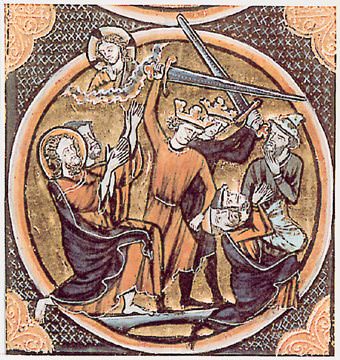There are some very good reference materials. I like the way the Catholic Encyclopedia is laid out; it's very rich in links and it seems to try to figure out which accounts are credible and authoritative. I do think the First Crusade was called irresponsibly with no central military authority and no plans for funding an army. One possible explanation is the Crusade was never actually called, but that it rose up out of a rumor that the Church had called it. Another possibility is that it was a careless remark, not planned. Eventually it did become the burden of the pope, and offered a way to unify the Holy Roman Empire which was divided: send them to war under a common cause, and put the infighting to an end.
I also think that there was no precedent for this, so a war to defend Christianity wouldn't arouse a public expectation that the Church should pay for it. I think the Church was at a low point then, having just recovered from a war in which the pope had to flee Rome. And during the war, the papal throne was seized by a pretender. So I doubt people expected the Church to fund them. Some of the art depicts sad-eyed mothers stitching a cross on their son's tunic. I suppose they furnished their own clothes and horse and whatever they could use for a weapon. That means they were likely starving by the first day's march and already expecting food from the villages they passed. No doubt they often had no advance training, leadership, or tactical strategy.
But then there were private financiers such as this man, Godfrey of Bouillon:
In 1095 Urban II, the new Pope, called for a Crusade to liberate Jerusalem from Muslim forces and also to aid the Byzantine Empire which was under Muslim attack. Godfrey took out loans on most of his lands, or sold them, to the bishop of Liège and the bishop of Verdun. With this money he gathered thousands of knights to fight in the Holy Land. In this he was joined by his older brother, Eustace, and his younger brother, Baldwin, who had no lands in Europe. He was not the only major nobleman to gather such an army. Raymond of Saint-Gilles, also known as Raymond of Toulouse, created the largest army. At age fifty-five Raymond was also the oldest and perhaps the best known of the Crusader nobles. Because of his age and fame, Raymond expected to be the leader of the entire First Crusade. Adhemar, the papal legate and bishop of Le Puy, travelled with him. There was also the fiery Bohemond, a Norman knight from southern Italy, and a fourth group under Robert of Flanders.
Nevertheless, there were shocking, cruel attacks on Jewish towns along the way. Godfrey, for example swore this oath to God before accepting his "cross":
to go on this journey only after avenging the blood of the crucified one by shedding Jewish blood and completely eradicating any trace of those bearing the name 'Jew,' thus assuaging his own burning wrath.
And even after the slaughter of Jews, a wealthy family such as Godfrey's would have its Bible cover decorated with a gruesome depiction of the murders. Imagine getting down on your knees in church and thanking God for allowing the Jews to be murdered, while the sound of Gregorian chant wafts across the sanctuary, extolling the greatness of God, and there you are gazing at this image:

